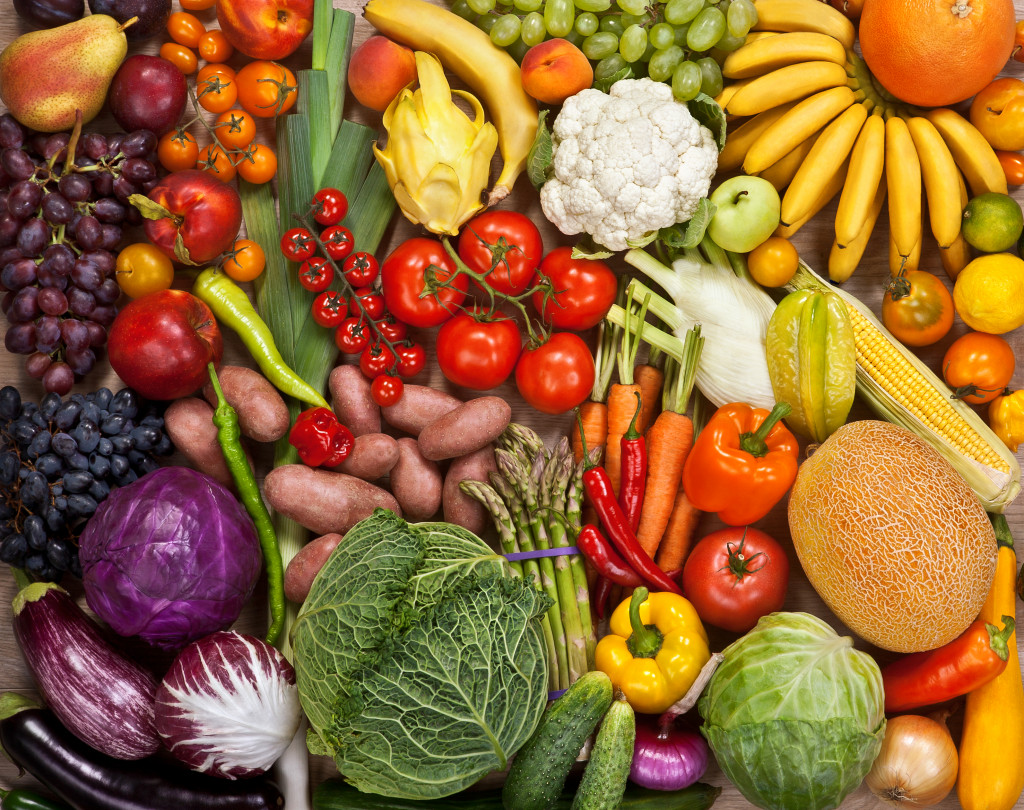• Provide access to clean drinking water and install a proper filtration system in areas with limited access.
• Increase the availability of fresh fruits, vegetables, grains, proteins, and dairy products. Look into programs like community-supported agriculture (CSAs).
• Educate people about proper nutrition, including portion control, nutrient density, meal planning, and the importance of mental health.
• Increase access to affordable nutritional supplements for those who cannot get adequate nutrition from food sources.
Poor nutrition is a significant issue in many communities around the world. It can lead to an array of health problems, such as obesity, diabetes, depression, and heart disease. It can even have a negative impact on economic development and educational attainment. The good news is that there are ways to make proper nutrition more accessible in struggling communities. Here are a few tips for doing so.
Provide a Source of Clean Water
In many parts of the world, access to clean drinking water is not a given—especially in rural areas or developing countries. Without access to clean water, it can be difficult for people to maintain their health and well-being. To ensure that everyone has access to safe drinking water, governments, and non-profit organizations should work together to provide resources for purification systems or wells that provide clean drinking water.
If there are currently no wells in the area, hire professionals in well drilling to help you locate an underground source of clean water. They will be able to drill and set up a well that provides fresh water to your community. They can also help install a proper filtration system so that the water is safe to drink.
Increase Accessibility of Healthy Foods

Ensuring that healthy and affordable foods are essential for improving nutrition in struggling communities. This means increasing the availability of fresh fruits, vegetables, grains, proteins, and dairy products at local grocery stores or markets. In addition, programs like community-supported agriculture (CSAs) or farmers’ markets can give people access to locally-grown produce at a lower cost than traditional grocery stores. Finally, government subsidies could be used to reduce the cost of healthy foods for those who need them most.
Educate People About Healthy Eating Habits
Proper nutrition starts with knowledge about what types of food are beneficial and how much one should be consuming each day. Education initiatives can help spread awareness about proper nutrition among members of struggling communities, so they have the tools they need to make healthier choices when it comes to food consumption. These initiatives should focus on topics like the following:
Portion control
Portion control is an important tool for proper nutrition, as it can help people eat the correct amount of food each day. When education initiatives focus on portion control, they should include information about recommended serving sizes and how to use measuring cups or spoons to ensure that one is not overeating.
Nutrient density
When educating members of a struggling community about proper nutrition, it is important to emphasize the concept of nutrient density. This refers to the amount of vitamins and minerals per calorie in a given food. Eating foods that are high in nutrients helps ensure that people are getting the most nutritional benefit from their meals.
Meal planning
Creating meal plans can help people think ahead about what they want to eat for the week and how they are going to make sure that their meals are balanced and nutritious. Education initiatives should provide information on how to create meal plans and offers tips for making healthy food choices.
Mental health
Finally, proper nutrition includes taking care of one’s mental health. Eating the right foods can help boost mood and reduce levels of anxiety and depression. Education initiatives should include information about the importance of mental health and how to use proper nutrition to maintain a healthy mind.
By educating people about healthy eating habits, you can ensure that members of struggling communities have the tools they need to make healthier choices when it comes to food consumption. This, in turn, will help improve access to proper nutrition in these areas.
Increase Access to Nutritional Supplements

For those who cannot access adequate nutrition from food sources, nutritional supplements can be a helpful tool. Supplements such as vitamins and minerals can help fill in any nutritional gaps in the diet. However, it is important to make sure that these supplements are accessible and affordable for people living in struggling communities. This could be done by providing subsidies or offering discounts to those who need them most.
Improving access to proper nutrition in struggling communities is no small task, but it can be done. By providing a source of clean water and increasing the availability of healthy foods, educating people on how to make better food choices, and offering nutritional supplements when necessary, you can help start taking steps toward improving nutrition in these areas. With dedication and effort from government organizations, non-profits, and individuals alike, you can work together with others to create a healthier future for all.


